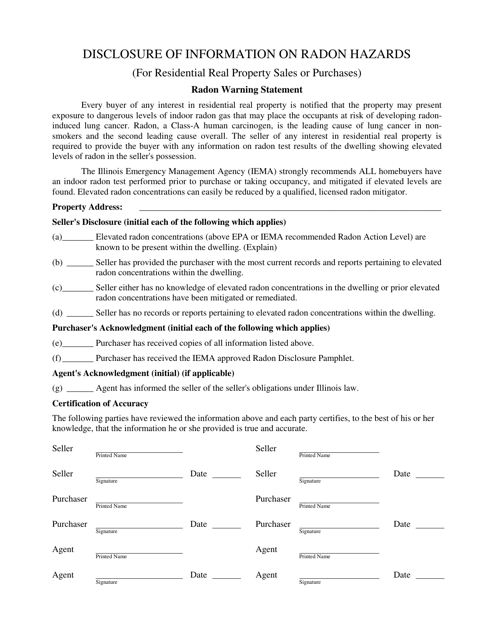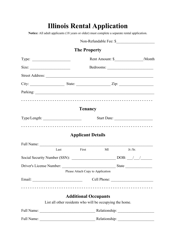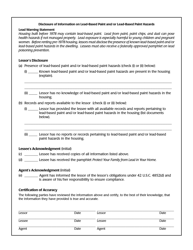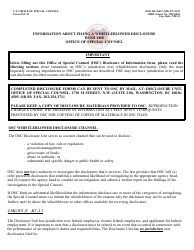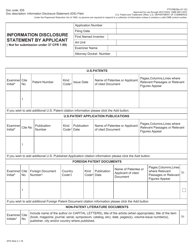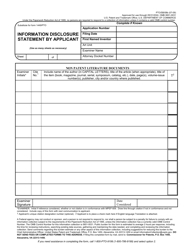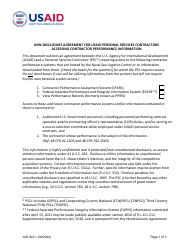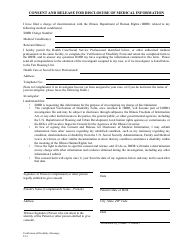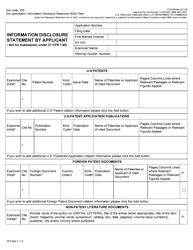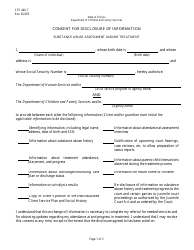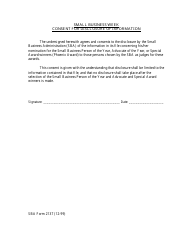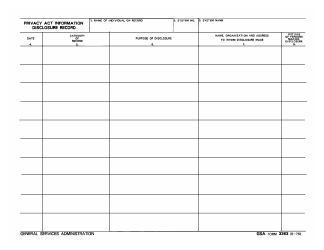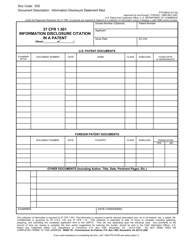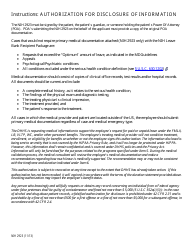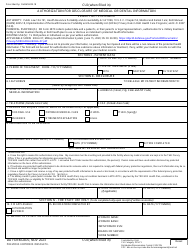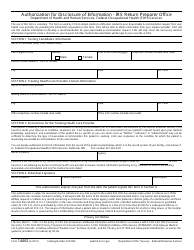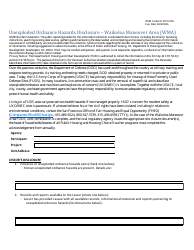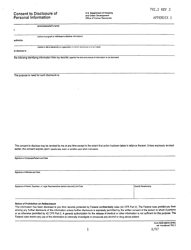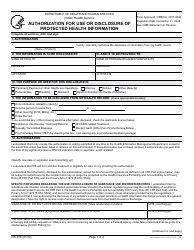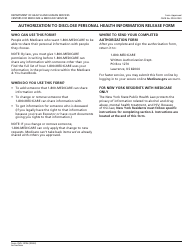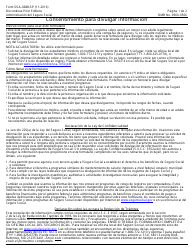Disclosure of Information on Radon Hazards (For Residential Real Property Sales or Purchases) - Illinois
Disclosure of Information on Radon Hazards (For Residential Real Property Sales or Purchases) is a legal document that was released by the Illinois Emergency Management Agency - a government authority operating within Illinois.
FAQ
Q: What is radon?
A: Radon is a radioactive gas that occurs naturally in the environment.
Q: Why is radon a hazard?
A: Radon is a hazard because prolonged exposure to high levels of radon can increase the risk of lung cancer.
Q: How does radon enter a home?
A: Radon can enter a home through cracks in the foundation, gaps in walls or floors, or through well water.
Q: What are the health effects of radon exposure?
A: Exposure to radon can cause lung cancer, especially in smokers.
Q: How can you test for radon in a home?
A: Testing for radon can be done using simple DIY test kits or by hiring a professional radon testing service.
Q: What are safe radon levels?
A: The U.S. Environmental Protection Agency (EPA) recommends that homes be mitigated if radon levels exceed 4 picocuries per liter (pCi/L).
Q: Can radon be reduced in a home?
A: Yes, radon levels can be reduced through radon mitigation systems, which use techniques like ventilation and sealing to prevent radon from entering the home.
Q: Are sellers required to disclose radon levels in Illinois?
A: Yes, in Illinois, sellers are required by law to provide a Radon Disclosure Form to buyers, disclosing any known radon hazards in the property.
Q: Is radon testing required in Illinois?
A: While radon testing is not required by law in Illinois, it is highly recommended for both buyers and sellers to ensure the safety of the property.
Q: What should buyers do if radon levels are high?
A: If radon levels are high in a home, buyers may negotiate with the seller to have a radon mitigation system installed before completing the purchase.
Form Details:
- The latest edition currently provided by the Illinois Emergency Management Agency;
- Ready to use and print;
- Easy to customize;
- Compatible with most PDF-viewing applications;
- Fill out the form in our online filing application.
Download a printable version of the form by clicking the link below or browse more documents and templates provided by the Illinois Emergency Management Agency.
